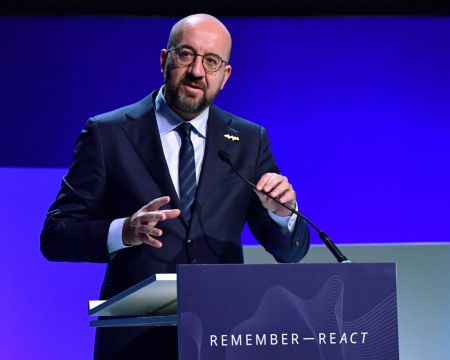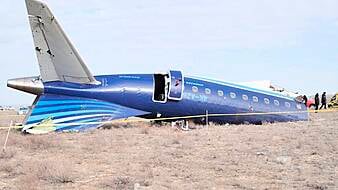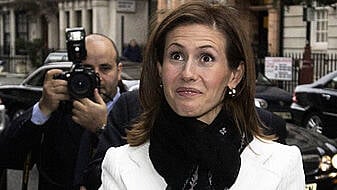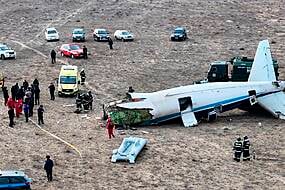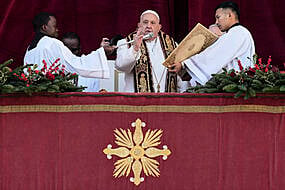A global conference is focusing on the receding memory of the Holocaust.
The event in Sweden marks the 20th anniversary of a conference on remembering the genocide, with participants focusing on how social media is contributing to a rise in antisemitism.
“There is a dangerous rise of antisemitism all over the world, mainly because of the new social media,” said Nachman Shai, Israel’s diaspora affairs minister, upon arrival at the International Forum on Holocaust Remembrance in Malmo.
The media are “inciting and increasing the level of hate, and they have to take responsibility for that, not to remain so-called neutral or objective”, Mr Shai said.
The German European affairs minister, Michael Roth, said “the situation worldwide” is “extremely worrying”, in reference to recent anti-Jewish attacks in Germany.

The conference is expected to take concrete steps “through a series of pledges to help enhance Holocaust remembrance and education at a time when antisemitism, anti-Roma racism and other forms of discrimination are on a worrying rise globally”, the Berlin-based International Holocaust Remembrance Alliance said.
“The mainstreaming of Holocaust distortion, often spread across borders via social media, is a serious challenge for us all globally as it paves the way for antisemitism, Holocaust denial and extreme nationalism,” said Kathrin Meyer, the alliance’s secretary general.
The forum comes after the first one was held in Stockholm in 2000.
International leaders then urged all countries to open secret government files on the Nazi extermination campaign and promote education about the genocide.
The final statement at the end of the three-day event included a pledge to take all necessary steps to open archives to “ensure that all documents bearing on the Holocaust are available to researchers”.
This year’s one-day event was initially planned for October 2020 but was postponed due to the pandemic.
High-profile protagonists such as presidents Isaac Herzog of Israel and Emmanuel Macron of France, and European Commission president Ursula von der Leyen, will participate remotely.
Mr Macron and US secretary of state Antony Blinken are sending pre-recorded video messages.
Only Finland, Latvia, Serbia and North Macedonia are sending presidents and Ukraine, Albania and Estonia their prime ministers.
